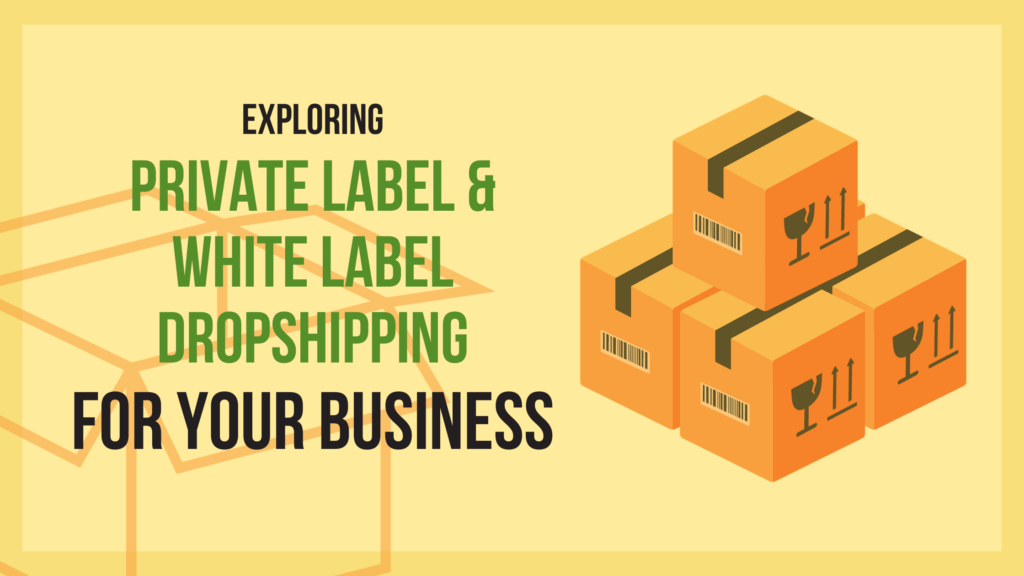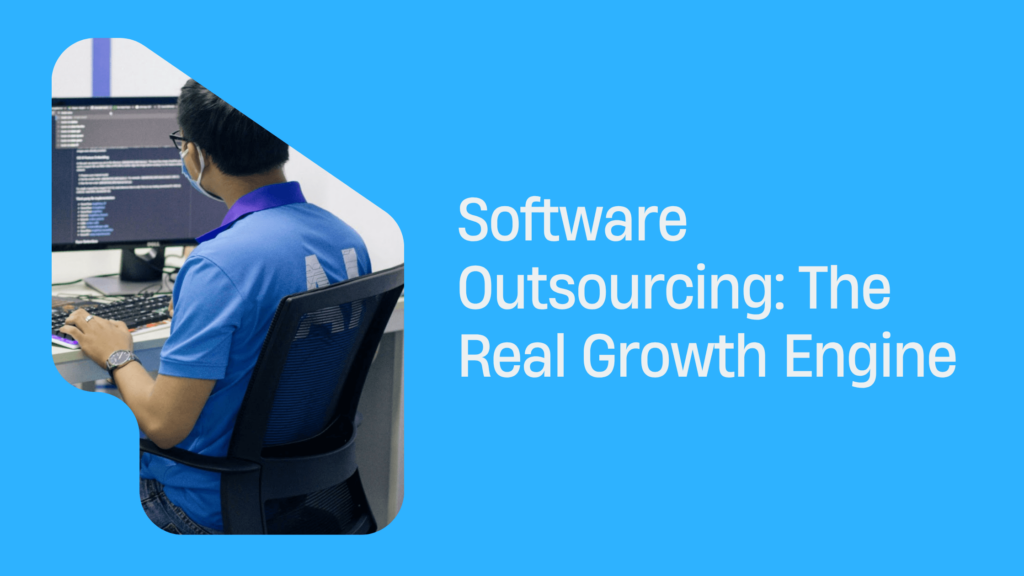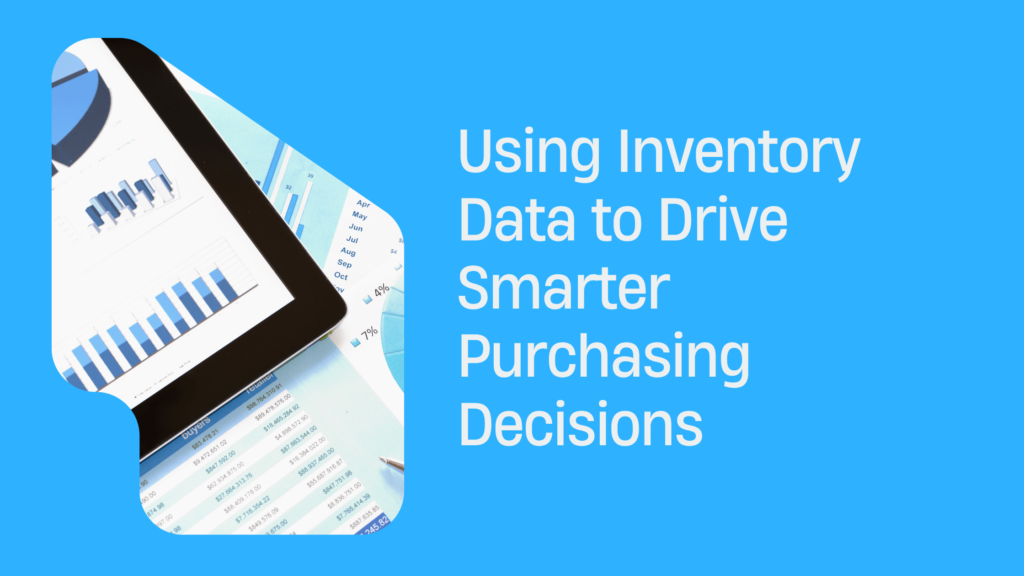White Label and Private Label Dropshipping – Pros, Cons, and Best Practice
What is Private Labeling?
If we just understand the definition then private labeling is getting the products by a third party branding it and selling under our brand name. The retailer has complete authority over the aspects of the product like how it would look like, how it would be packaged, the color, the sizes, and every other spec. The businesses can sell their brand without the manufacturing cost involved. The customers are identified as the company’s “own brand”.
Some examples of private labeling are as follows:
- Clothing: High-end fashion is mostly sold as the brand alternative.
- Food and Beverages: A grocery store has its label of condiments, pasta, etc.
- Personal care and Grooming: Nail extensions, hair extensions, makeup, and hair care products are privately labeled by a salon or a similar establishment.
- Pet food and Accessories: Pet food, toys, and leashes have the pet store branding.
What is Private Label Dropshipping?
In private label dropshipping the business owner partners with the supplier and will create a product with its branding. Once the order is placed on your website the supplier will deliver the order directly to the customer. The delivery and the logistics will be handled by the supplier but the branding on the product will be of the business owner.
Pros and Cons of Private Label Dropshipping
The most challenging part of private label dropshipping is to find a willing supplier who will manufacture and customize the products as per your requirements. Also, some suppliers require a minimum order of manufacturing which can become an issue for the owner as the product might go unsold.
| PROS | CONS |
| You can build your brand identity accordingly. | Significant upfront costs are involved |
| You get the benefit of customization | Ensuring quality control can be challenging |
| You can reduce financial risk by keeping low inventory | A minimum order might be required to tie up the capital |
| You don’t have to worry about the warehousing or production. | Customization and manufacturing lead to a longer completion process |
| Reduced overhead with no storage cost, utilities, or staff. | A Crowded marketplace to compete for success. |
What are the Best Practices for Private Label Dropshipping?
Some of the best practices of private label dropshipping are:
Reading the supplier reviews: To find a willing supplier is one of the major challenges but having negative reviews about them is another. Read the mentioned reviews thoroughly so that you know your money is going the right way. If the reviews reflect reliability, and genuineness then go ahead with it.
Gather Comprehensive Product Information: Collect all types of details from the suppliers like dimensions, color availability, duration of manufacture, shipping estimates, brand specifications, and product certifications. Have a thorough knowledge of your product.
Dropship Only the Products that Interest You: Do not go berserk in branding everything you can keep your finger on. Be careful in selecting the products that interest you. Always make sure to do market research beforehand.
Always Order a Sample Product: Order a sample product before putting down the bulk order. This way you will be able to make modifications and customization if any. You will also know the quality of the product.
Find the Right Target Market: The right target market is all you need and with the help of effective marketing strategies, you will be able to attract and retain the right kind of customers.
What is White Labeling?
As a business owner, if you buy a product from one company and sell it under your name after rebranding then you are white labeling your products. The manufacturing process is not involved at the time of selling the product. However, the manufacturing cost may or may not be included in the final selling price. There is limited product customization but it does not require a minimum order quantity.
Some examples of white labeling are as follows:
- Electronics: Products like headphones, chargers, watches, and other gadgets.
- Health and Wellness: Supplements, Vitamins, and fitness equipment.
- Apparel and Fashion: There are multiple clothing options and fashion accessories that can be white labeled.
- Beauty and Cosmetics: Holding a large market share, makeup skincare, and hair care products.
What is White Label Dropshipping?
The products that are manufactured and branded by a third-party supplier under your brand name are white label dropshipping. It’s the supplier’s responsibility to handle the production, shipping, and packaging of the products and you get to focus on the marketing strategies to hit the target audience to sell.
What are the Pros and Cons of White Label Shipping?
In white labeling, the bandwidth of customization is very low, so the product needs to be sold as it is. When opting for a white label product, customization is rarely an option so the product has to be as it is sourced.
| PROS | CONS |
| You don’t invest in product development, manufacturing or inventory hence low start up cost. | Since customization has little scope in it, you have limited product control. |
| Easy expansion of offering and entering new markets allowing to scale up. | As compared to private label dropshipping, the profit margins can be low |
| Reduced operational complexities as everything is done by the previous company | Your business becomes supplier dependent |
| You get to focus more on branding and marketing | The out of the box in the market can be challenging as people might be selling something similar |
| You can launch your business faster than a private label | Shipping control or product quality is not in your hand so you might face customer service challenges. |
Some Best Practices of White Label Dropshipping.
The following are some best practices of white label dropshipping:
Niche Selection: In the current market scenario we see that people are selling almost everything. To shine out from the crowd, focus on a specific niche to differentiate from the competitors.
Competitive Pricing: Maintaining profitability, devising prices that are competitive, and people are attracted more towards your store.
Customer Service: Maintain clear communication strategies for excellent customer feedback. Be responsive and a problem solver while communicating with the customers.
Branding: Always go for professional branding so that your product looks genuine. The logos, packaging, and product labeling should be done professionally to create a distinct identity.
Quality Control: Establish quality control measures to maintain product consistency and meet customer expectations.
Which is better for your business – Private label or white label?
In private labeling, the products are acquired, branded, and sold by the supplier with the benefit of customization whereas in white labeling, the products are bought from other companies, rebranded, and are then sold without the benefit of customization. The choice between both depends on the business needs and capabilities.
In conclusion, we can say that:
Private label dropshipping is for the following:
- Businesses who have prior dropshipping experience.
- Those who are able to build brand awareness with focus.
- Have a good starting capital.
- Can outsource designers for customization.
Whereas, white label dropshipping is for the following:
- Businesses who are new to the dropshipping market.
- Are keen to enter the dropshipping market with efforts and correct marketing strategy.
- Have less starting capital.
- Want to see cash flow soon.
Both white label dropshipping and private-label dropshipping are promising business ventures and depend on various business factors.
How to Choose the Right Dropshipping Supplier?
There are multiple factors that one should look for while choosing the right dropshipping supplier, some of them are:
Availability: 24/7 availability is the most sought after as it keeps the connection live and continuous with the suppliers.
Integrated Supplier List: A trusted and integrated suppliers list is needed to build trust and reliability. Genuine suppliers will be most contacted so having a similar list will make the selection easy.
Auto Inventory Sync: Managing the inventory is one of the most important but difficult tasks but with Inventory Source, you get an auto inventory sync feature which means that the business owner will not manage the inventory, the supplier will.
Customer Service: In the end, the customer needs to be happy and fully satisfied with the product. The guaranteed satisfaction will generate positive reviews and good words about your product.
Partner with Inventory Source and let’s take your business to new heights!
Flxpoint – Powerful Dropship and Ecommerce Automation Platform
White Label and Private Label Dropshipping FAQs
How can private label products benefit my business in terms of branding and uniqueness?
Under private label products, you can create a unique brand identity by customizing products with your branding and packaging. This distinctness will enhance brand recognition and customer loyalty. This will set you apart from competitors and will build trust among your customers.
What is the process of creating a private-label product?
If you want to create a private label then you have to identify the product opportunity first and then look for a manufacturer or supplier. The next step is to customize the product to fit your brand and create custom packaging. After setting up the marketing strategies and pricing, start selling. In this case, you have to handle inventory, distribution, and sales.
How does dropshipping work for white-label products?
If you want to dropship white label products then you need to partner with a supplier who is offering unbranded goods for customization. Then the next step would be marketing these products under your brand and the supplier would handle the manufacturing, order fulfillment, and inventory so that you can focus on sales and branding.
What are the key benefits of using white-label products for my business?
Some of the key benefits are cost-saving, faster time to market, access to established products, fewer development efforts, and the opportunity to brand the product as your own. This increases your product portfolio and competitiveness.



